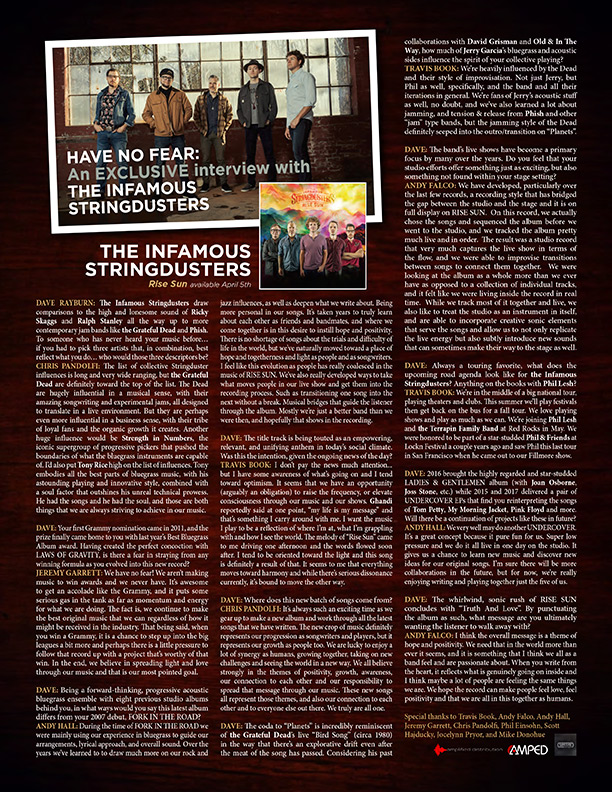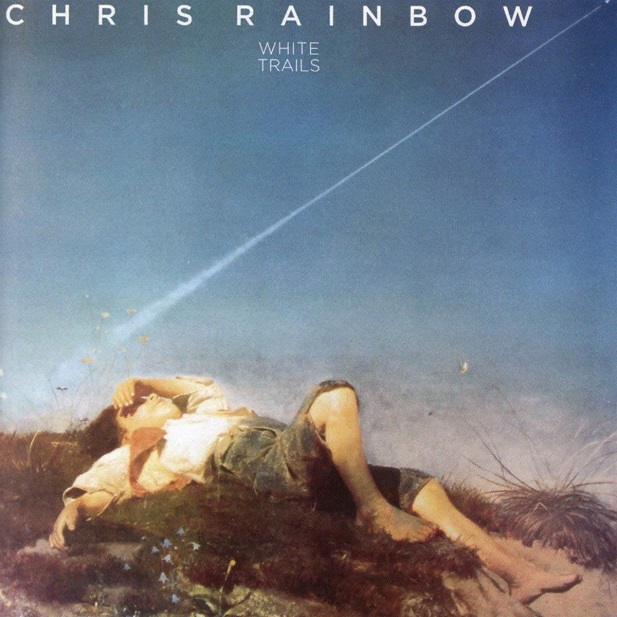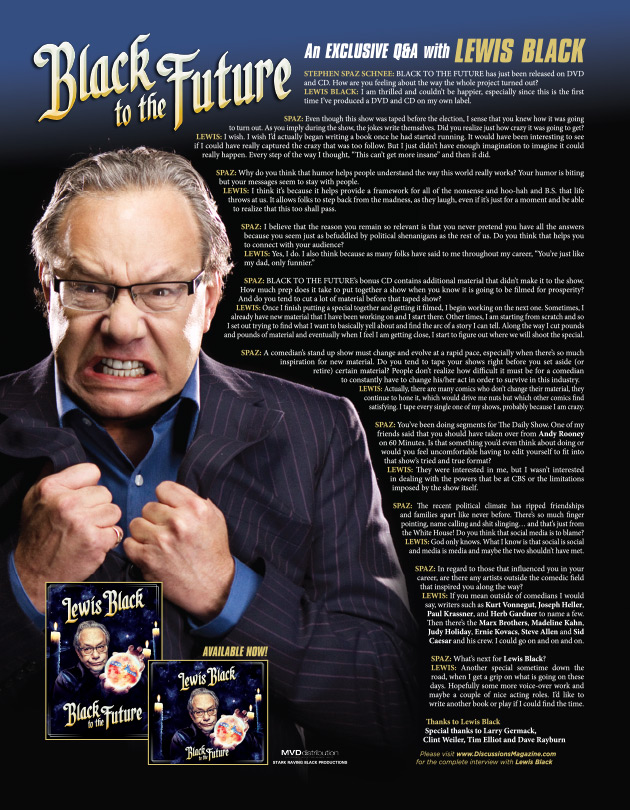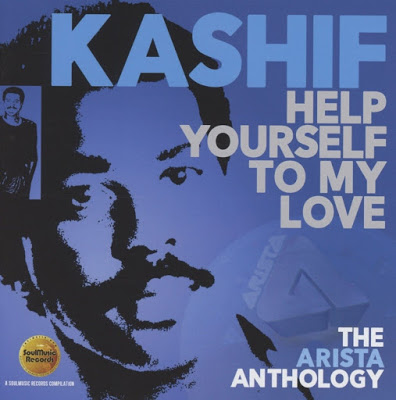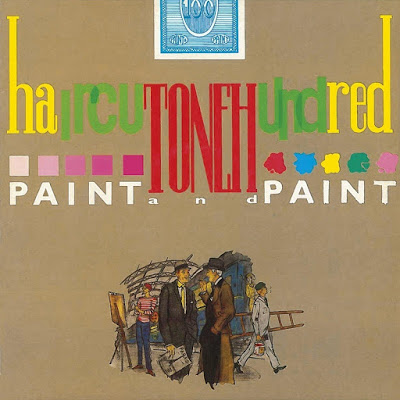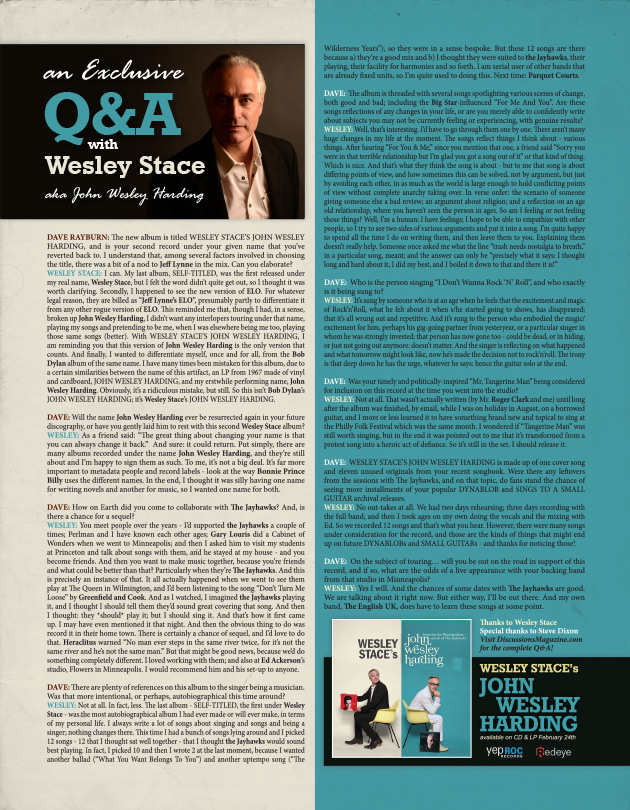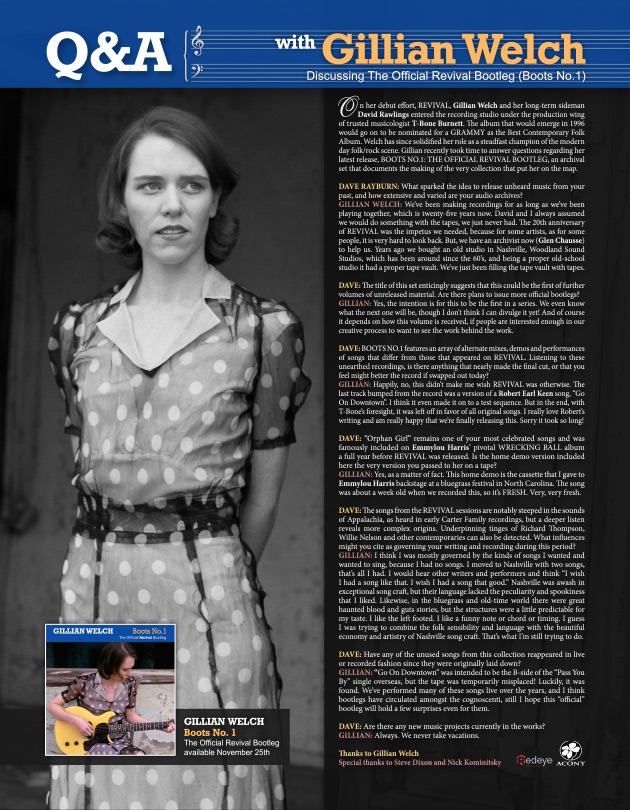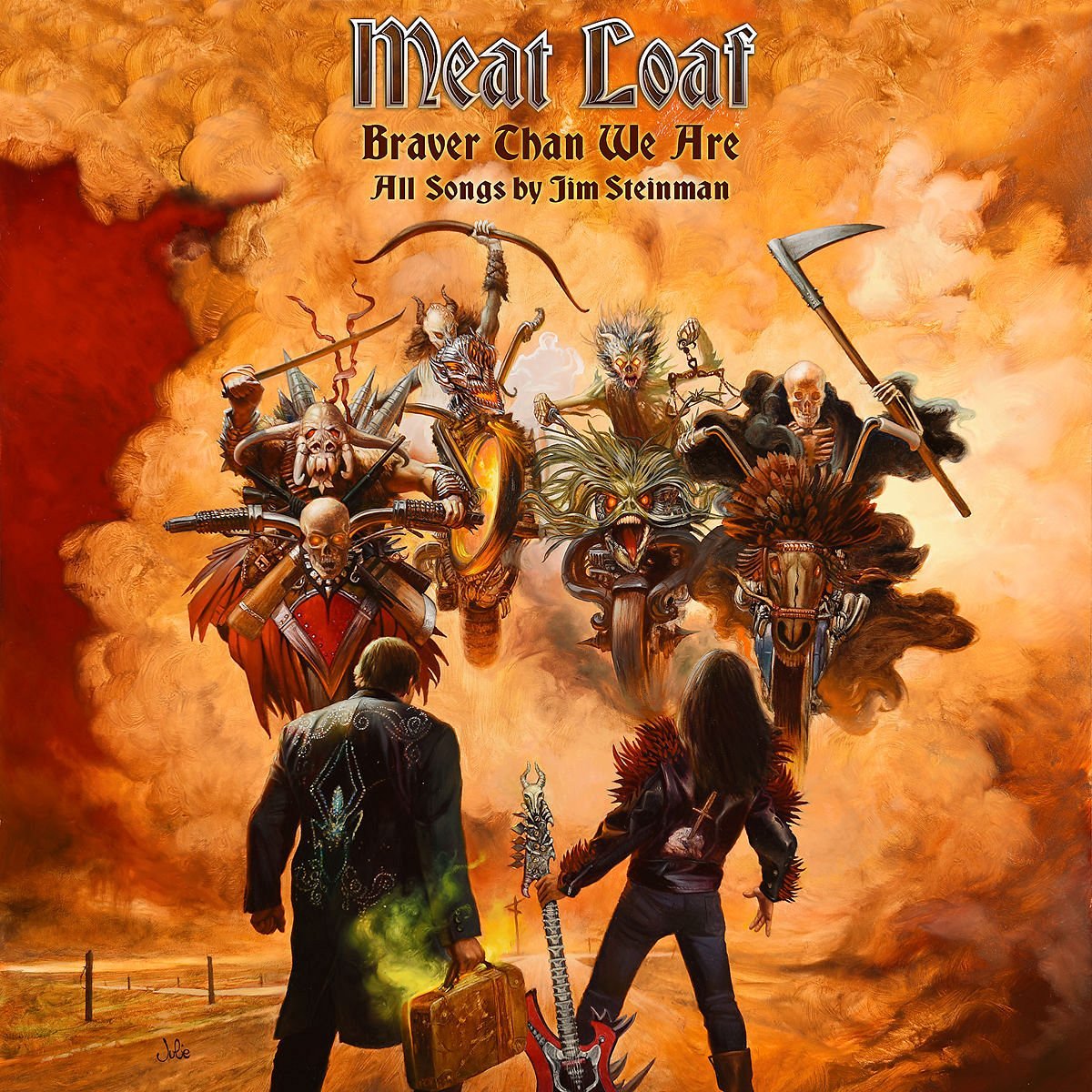BLACK TO THE FUTURE
STEPHEN SPAZ SCHNEE: BLACK TO THE FUTURE has just been released on DVD and CD. How are you feeling about the way the whole project turned out?
LEWIS BLACK: I am thrilled and couldn’t be happier, especially since this is the first time I’ve produced a DVD and CD on my own label.
SPAZ: Even though this show was taped before the election, I sense that you knew how it was going to turn out. As you imply during the show, the jokes write themselves. Did you realize just how crazy it was going to get?
LEWIS: I wish. I wish I’d actually began writing a book once he had started running. It would have been interesting to see if I could have really captured the crazy that was too follow. But I just didn’t have enough imagination to imagine it could really happen. Every step of the way I thought, “This can’t get more insane” and then it did.
SPAZ: Why do you think that humor helps people understand the way this world really works? Your humor is biting but your messages seem to stay with people.
LEWIS: I think it’s because it helps provide a framework for all of the nonsense and hoo-hah and B.S. that life throws at us. It allows folks to step back from the madness, as they laugh, even if it’s just for a moment and be able to realize that this too shall pass.
SPAZ: I believe that the reason you remain so relevant is that you never pretend you have all the answers because you seem just as befuddled by political shenanigans as the rest of us. Do you think that helps you to connect with your audience?
LEWIS: Yes, I do. I also think because as many folks have said to me throughout my career, “You’re just like my dad, only funnier.”
SPAZ: BLACK TO THE FUTURE’s bonus CD contains additional material that didn’t make it to the show. How much prep does it take to put together a show when you know it is going to be filmed for prosperity? And do you tend to cut a lot of material before that taped show?
LEWIS: Once I finish putting a special together and getting it filmed, I begin working on the next one. Sometimes, I already have new material that I have been working on and I start there. Other times, I am starting from scratch and so I set out trying to find what I want to basically yell about and find the arc of a story I can tell. Along the way I cut pounds and pounds of material and eventually when I feel I am getting close, I start to figure out where we will shoot the special.
SPAZ: A comedian’s stand up show must change and evolve at a rapid pace, especially when there’s so much inspiration for new material. Do you tend to tape your shows right before you set aside (or retire) certain material? People don’t realize how difficult it must be for a comedian to constantly have to change his/her act in order to survive in this industry.
LEWIS: Actually, there are many comics who don’t change their material, they continue to hone it, which would drive me nuts but which other comics find satisfying. I tape every single one of my shows, probably because I am crazy.
SPAZ: After the laughs subside and the audience heads home, what is the most important thing you want them to remember after the show?
LEWIS: That they had a good time.
SPAZ: You’ve been doing segments for The Daily Show. One of my friends said that you should have taken over from Andy Rooney on 60 Minutes. Is that something you’d even think about doing or would you feel uncomfortable having to edit yourself to fit into that show’s tried and true format?
LEWIS: They were interested in me, but I wasn’t interested in dealing with the powers that be at CBS or the limitations imposed by the show itself.
SPAZ: The recent political climate has ripped friendships and families apart like never before. There’s so much finger pointing, name calling and shit slinging… and that’s just from the White House! Do you think that social media is to blame?
LEWIS: God only knows. What I know is that social is social and media is media and maybe the two shouldn’t have met.
SPAZ: In regard to those that influenced you in your career, are there any artists outside the comedic field that inspired you along the way?
LEWIS: If you mean outside of comedians I would say, writers such as Kurt Vonnegut, Joseph Heller, Paul Krassner, and Herb Gardner to name a few. Then there’s the Marx Brothers, Madeline Kahn, Judy Holiday, Ernie Kovacs, Steve Allen and Sid Caesar and his crew. I could go on and on and on.
SPAZ: What’s next for Lewis Black?
LEWIS: Another special sometime down the road, when I get a grip on what is going on these days. Hopefully some more voice-over work and maybe a couple of nice acting roles. I’d like to write another book or play if I could find the time.
SPAZ: What is currently spinning on your CD, DVD, Blu-ray or record players?
LEWIS: I’ll be watching all of the DVD’s of films and TV shows that I am sent to try and convince that they should get some sort of award or another. I like to play the brilliant CD’s of Jazz artist Jane Ira Bloom.
Thanks to Lewis Black
Special thanks to Larry Germack, Clint Weiler, Tim Elliot and Dave Rayburn
LEWIS BLACK
BLACK TO THE FUTURE
(2CD)
LEWIS BLACK
BLACK TO THE FUTURE
(DVD)
